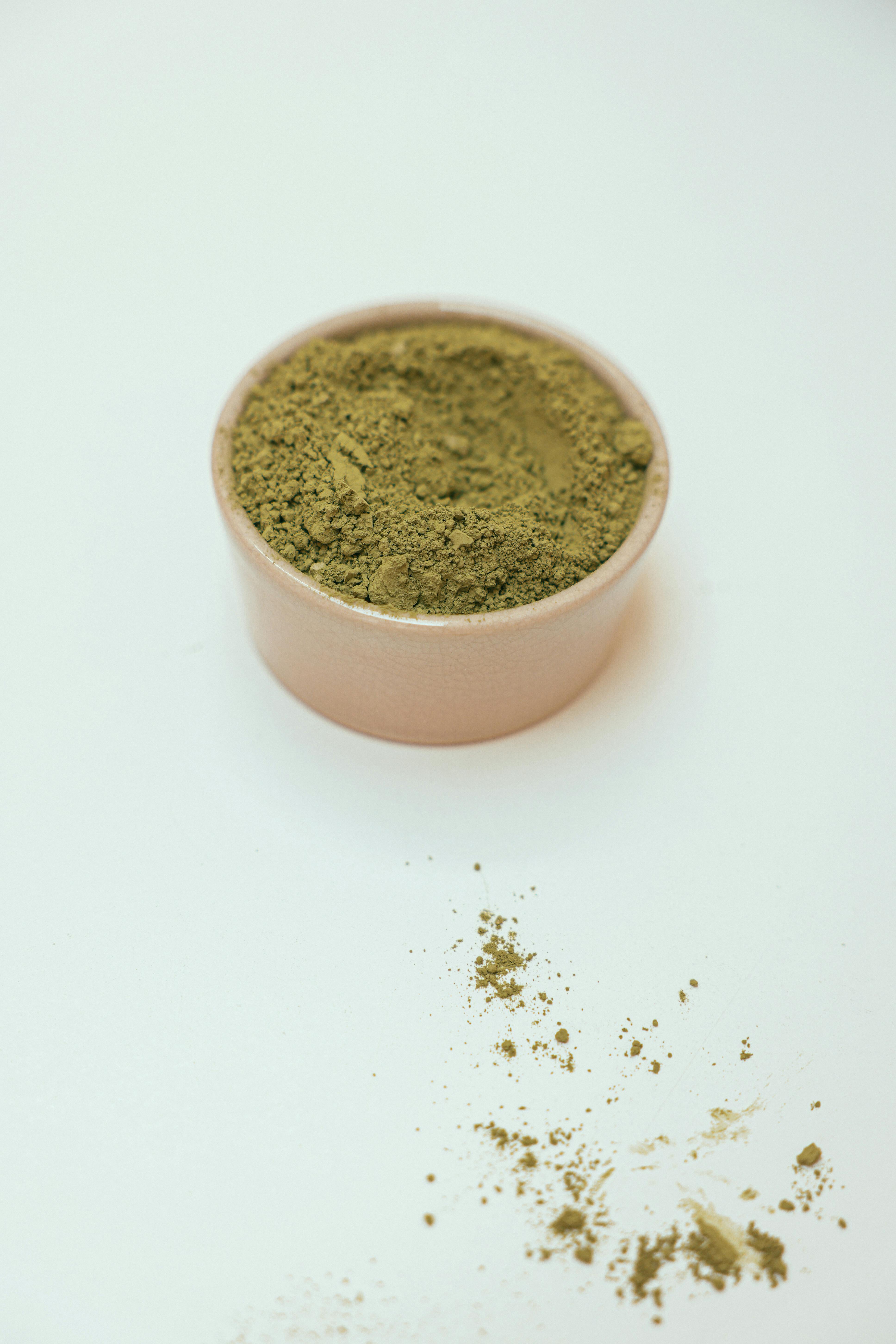
Apply Now


Effective Ways to Improve Vestibular Migraine with a Smart Diet
Understanding Vestibular Migraines and Their Triggers
Vestibular migraines are characterized by episodes of dizziness, vertigo, and balance issues, often accompanied by traditional migraine symptoms such as headaches. The triggers for vestibular migraines can be varied, including stress, hormonal changes, and dietary factors. Identifying and managing these triggers through a smart diet can help mitigate symptoms and improve quality of life. One effective approach is to keep a food diary, tracking what you eat and any subsequent migraine symptoms. This can lead to the identification of personal triggers, allowing for tailored dietary interventions. Maintaining a balanced nutrition profile is essential in managing vestibular migraines. Foods that are high in magnesium, omega-3 fatty acids, and antioxidants contribute to brain health and help reduce the frequency of migraines. Additionally, adopting a low histamine diet can also play a critical role in avoiding migraine triggers. Keeping a log of your dietary choices and their impact on your migraines will enable you to make informed dietary management decisions.Implementing a Diverse, Nutrient-Rich Diet
Building on the knowledge of individual triggers, a diverse, nutrient-rich diet is vital for migraine management. Foods rich in magnesium, such as leafy greens, nuts, and whole grains, serve as excellent additions to your meals. These foods not only contribute to overall health but also play a significant role in alleviating migraine symptoms. Incorporating magnesium supplements may also help, particularly if dietary sources are insufficient. Anti-inflammatory foods, such as turmeric and fatty fish, provide additional benefits by reducing inflammation, which is often linked to migraines. Furthermore, including fiber-rich foods in your diet ensures better gut health, which has been associated with improved neurological function and potentially reduced migraine frequency. Personalized meal plans incorporating these nutrient-dense foods can significantly influence migraine relief.Identifying and Removing Common Migraine Triggers
Food Sensitivities and Their Impact on Migraines
Many individuals suffer from food sensitivities, which can lead to debilitating vestibular migraines. Identifying these sensitivities often requires diligent tracking and sometimes allergy testing to uncover connections between specific foods and migraine episodes. Common culprits include dairy, gluten, and highly processed foods. By eliminating these triggers through a well-managed diet, individuals may experience a significant reduction in migraine occurrences. Once common sensitivities have been identified, it's essential to focus on meal frequency and timing. Eating at regular intervals can stabilize blood sugar levels, potentially preventing migraine attacks. Additionally, staying hydrated is crucial, as dehydration is a well-known trigger for migraines. Using real-time hydration tips, such as drinking water throughout the day and consuming hydrating foods, can enhance overall wellness and minimize migraine triggers.Holistic Dietary Approaches for Migraines
A holistic approach encompasses not just dietary changes, but also lifestyle modifications. Healthy fats, such as those found in avocados and olive oil, should form the backbone of meals. Supplemental nutrients like vitamin B2, vitamin D, and probiotics can bolster dietary efforts, offering additional support for brain health. The integration of these elements into your eating habits will improve energy levels and contribute to migraine prevention. Mindful eating has shown promising results for managing migraines as well. By focusing on meal preparation and the eating experience, one can reduce stress and enhance digestion. This practice connects readers with their food and promotes awareness of how certain foods impact their body. Techniques such as breathing exercises combined with meal times can further solidify this strategy as part of a comprehensive migraine management plan.Meal Planning and Preparation Strategies
Creating Migraine-Friendly Meal Plans
Planning meals effectively is crucial for those managing vestibular migraines. A smart diet means understanding meal types that provide sufficient nutrients while avoiding known triggers. This may involve a combination of gluten-free, low histamine, and whole food diets tailored to individual needs. Implementing meal prepping can simplify this process, making it easier to access migraine-friendly meals without added stress. Cooking methods matter too; opting for steaming or baking instead of frying can produce healthier meals that are less likely to trigger migraines. Focusing on organic ingredients and practicing intuitive eating can streamline choices while enhancing health benefits. The right combination of preparation strategies makes managing dietary interventions less daunting and more sustainable over time.Integrating Hydration and Snack Options
Proper hydration plays an essential role in headache prevention. Incorporating hydrating foods and beverages throughout the day can support overall health management. Certain snacks, such as high-protein options and fiber-rich selections, help maintain energy levels and curb cravings without inducing migraines. Incorporating healthy fats from sources like nuts and seeds into your diet ensures you stay satisfied and full, further promoting a balanced nutritional intake. It’s important to assess snack options to avoid dehydrating foods, which can escalate migraine symptoms. Having a well-thought-out snack plan with migraine-friendly choices on hand can mitigate the need for unhealthy options during high-stress situations. Combining smart hydration tips with a targeted snack approach fosters an environment where headaches and migraines are less likely to arise.Utilizing Herbal Remedies and Nutritional Supplements
Embracing Natural Remedies for Better Health
Herbal remedies have gained traction as effective treatments for vestibular migraines. Ingredients like ginger and peppermint can be incorporated into meals or consumed as teas, providing natural relief from migraine symptoms. These herbs are not only delicious but also contain anti-inflammatory properties that can enhance the diet's effectiveness when managing migraines. Additionally, nutritional supplements tailored to reduce migraine triggers hold significant potential. Magnesium-rich supplements may help control severe migraines, while omega-3 fatty acids can positively impact brain health. Leveraging these supplements while maintaining a nutrient-dense diet offers a multifaceted approach to health care. Furthermore, incorporating fermented foods can aid in gut health, correlating with reduced migraines and enhanced well-being.Monitoring and Adjusting Dietary Intake
Regularly monitoring dietary intake and its effects is crucial for effective migraine management. Keeping a migraine journal allows one to track progress, highlighting changing symptoms in relation to dietary habits. This awareness facilitates adjustments to meal plans, ensuring that individuals maintain a diet conducive to mitigating their symptoms. Refining dietary strategies through continuous education about food choices and their impacts allows for a personalized approach to managing vestibular migraines effectively. This curated process grants powerful insights into how individual diets affect overall health and clarity in recognizing symptom triggers, which aids in shaping future meal planning.Conclusion: A Balanced Approach to Migraine Management
In summary, a smart diet tailored for vestibular migraine management holds substantial promise. Among the effective strategies are identifying hunger triggers, implementing a low-histamine framework, and diversifying food choices to optimize nutrition. Remember to integrate lifestyle changes alongside nutritional interventions for holistic treatment. Keeping focus on hydration, balanced meals, and identifying food sensitivities will significantly enhance quality of life. By implementing these strategies, individuals can cultivate a lifestyle that fosters migraine relief and promotes overall health and well-being. The transformation from dietary knowledge to dietary practice requires time, adjustment, and dedication, but the rewards of reduced migraine frequency and enhanced life quality are well worth the effort.
